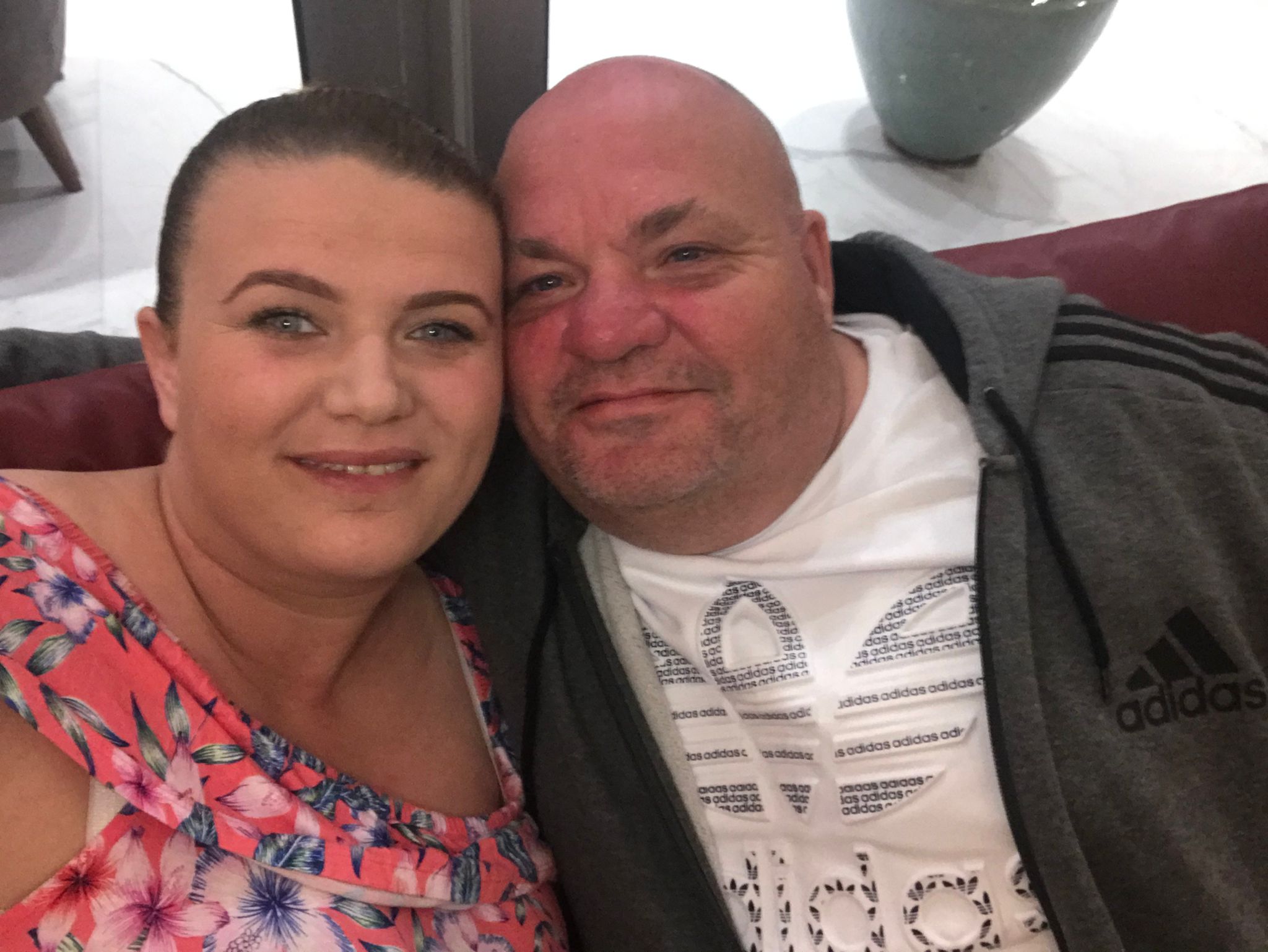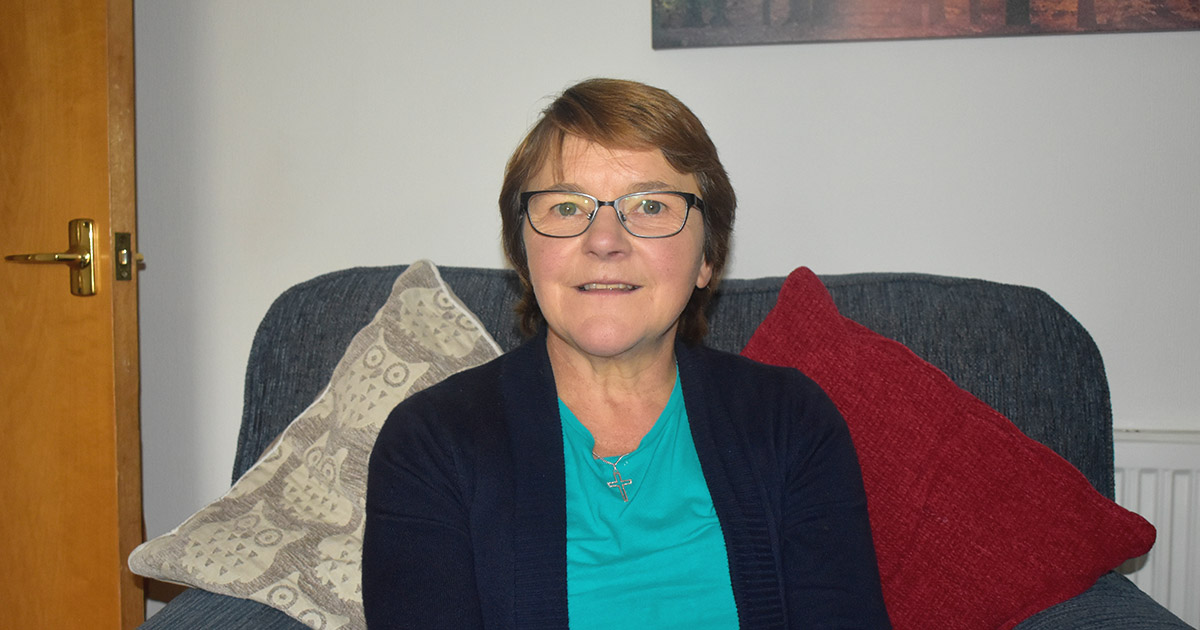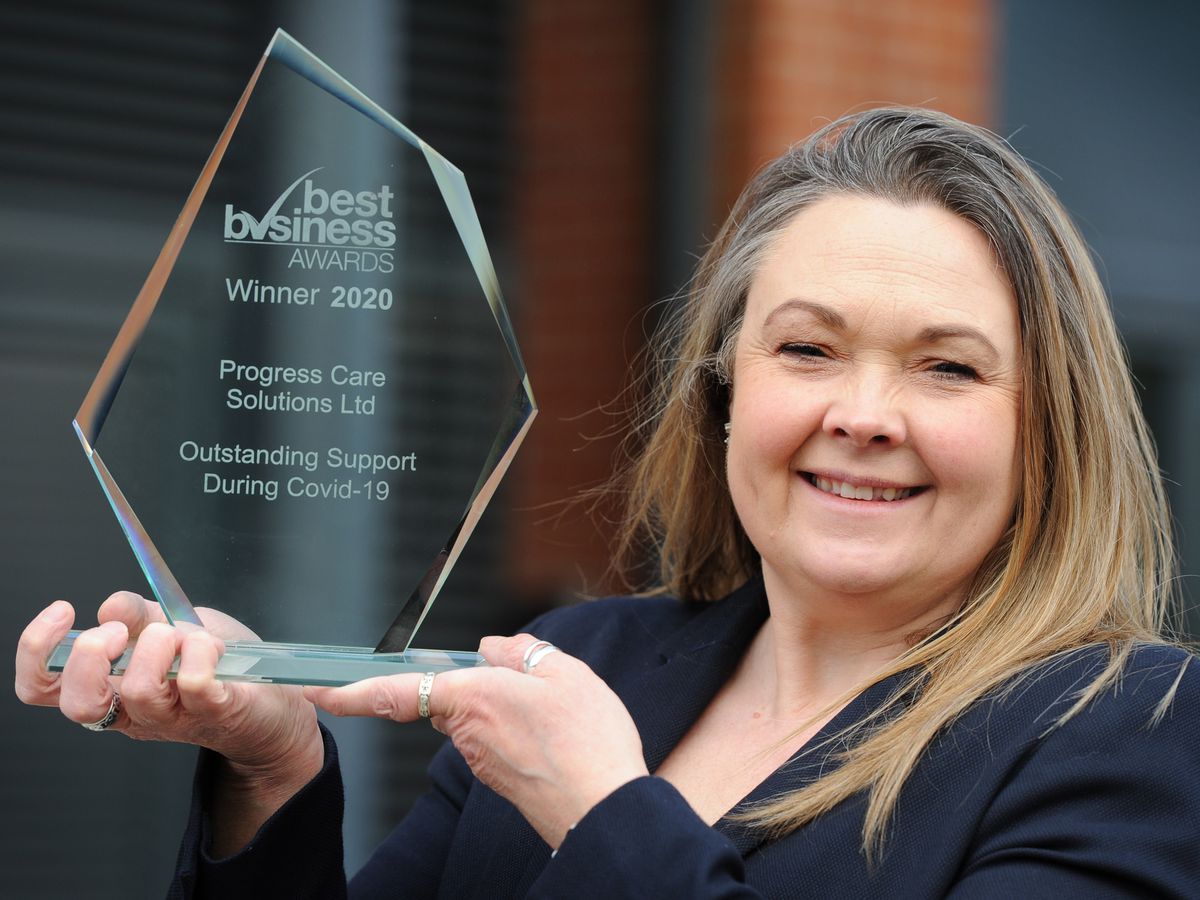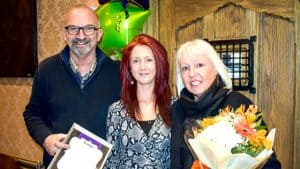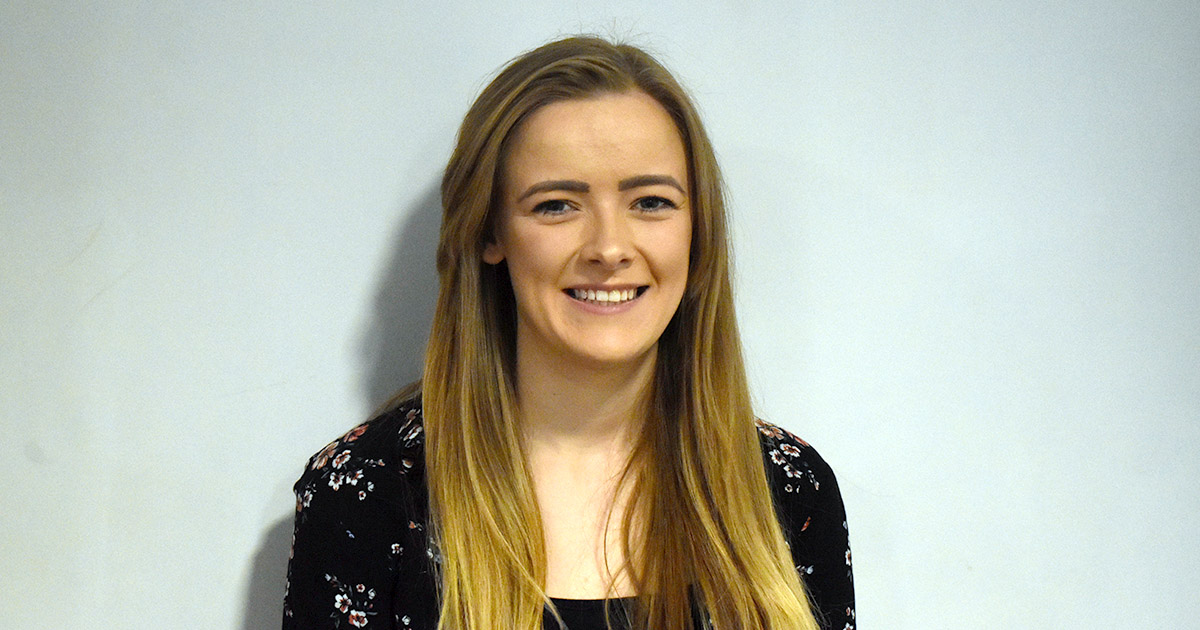We caught up with Marianne and Jason who have reached the end of their fostering assessment, after a slight delay due to an unfortunate plumbing issue in their home. Yes, we appreciate these things do happen – They are now heading to panel!
Here’s what they said:
Well, the fostering assessment has been a new experience to us both with the home checks and regular visits, but we work closely with social workers and other professionals in our social care jobs, so the information has been easy for us to understand and take on board. We’ve had full support from Ruth, Neelam & most definitely our assessor Nicole – what a true asset she is to Progress and we’re hoping that we see her as much as we do after panel as we’ve all built such a good relationship.
The training has been really interesting, it’s more in depth than what our current workplace use. It has been a stressful time, but that isn’t due to the assessment or training, but due to the unfortunate circumstances with our home and emergency repairs which were needed- but talking this through with our assessor our panel date moved back an extra month and we’ve finally got there.
We’re both very excited but nervous at the same time as it’s a new line of care for us, but I’m sure we will do great as we work well together as a team, and our young son is aware that another child will be coming to stay, and he claps his hands and says “friend”.
Throughout the whole process the only thing we found hard was reconnecting with people from our past and some difficulties to get references in place. Overall, it has been a pleasure to get to know other people who work within Progress and hear their advice, as that’s something we can take on board and learn from as we grow as foster carers.
We would like to wish Marianne and Jason all the best as they go to panel, and we are confident they have a bright future ahead of them.




